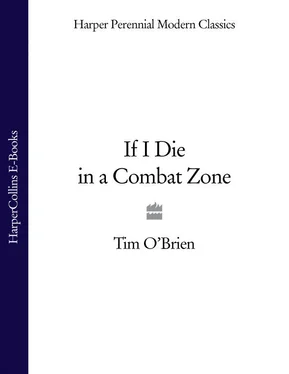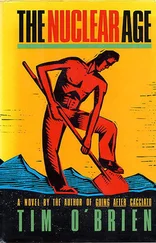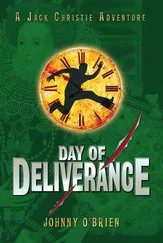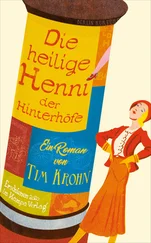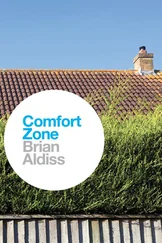Then I called the Seattle airport and checked on rates to Dublin, Ireland. Playing it carefully, professionally, I inquired first with one of the large American firms, telling them I was a student and wanted to do research there. Then I called Air Canada, gave them the same story, and mentioned that I might want to leave from Vancouver. The man asked if I wanted one-way or round-trip fare. I was ready for that question, and, pausing for a realistic second or two, I said he might as well give me rates for both fares. I might be staying in Dublin for several months. And maybe longer.
Having done all these things, I went back to my corner in the library and, for the first time, persuaded myself that it was truly possible. No one would stop me at the Canadian border, not in a bus. A flight to Ireland would raise no suspicions. From Ireland it was only a day or two by boat to Sweden. There was no doubt that it could be done.
I wrote a letter to my parents, and in the middle of it I asked them to send my passport and immunization card. I’d been to Europe in the summer of 1967, back when travel was fun and not flight. I told them I needed the passport for R & R when I got to Vietnam. I said the shot card was necessary for my army health records.
I itemized the expenses. Five hundred dollars would pull it off. I was two hundred dollars short, but I could find a job in Vancouver and have the balance in two weeks. Or, if I didn’t want to waste the time, there were college people and old friends to borrow from. I wrote letters to a girl friend, crying some and hinting at what was up. I asked her to fly out for my Thanksgiving Day pass.
It was dark when I left the library. It was funny to think my first day of freedom since mid-August had been spent in a building full of books and old ladies. It was remarkable. Drill sergeants and company commanders would laugh at the thought of it, and I was chuckling myself, because that library and those words and those helpful old librarians were going to get me out of this.
Fort Lewis in the winter is sloppy and dirty. It’s wet and very cold, and those things together make your gloves freeze on the firing ranges. On bivouac your sleeping bag stiffens. It’s no fun to smoke – too much trouble to get the pack out, and because there’s no warm place to put your hands after you throw the butt into the slush. Better to stand and wiggle your fingers. After spending days trying to knock down targets with the black rifles, you ride back to the barracks in open cattle trucks, everyone bunched together like the animals that are supposed to ride there and you don’t say anything, just watch the trees, big lush pines in the snow.
But there’s so much to write about, and the details pile on one another so that a massive, grey picture of each day is all that’s left when it’s over.
Just before Thanksgiving I received the passport and immunization card from my parents, and on the same day I asked to see the battalion commander.
The first sergeant arranged it, grudgingly and because some regulation said he had no choice. But he ordered me to see the chaplain first.
‘The chaplain weeds out the pussies from men with real problems,’ he said. ‘Seems this last year we been using too much shit on the crop. It’s all coming up pussies, and the poor chaplain over there in his little church is busy as hell, just trying to weed out all you pussies. Good Lord ought to take pity on the chaplain, ought to stop manufacturing so damn many pussies up there.’
The chaplain was named Edwards. He had thick red hair, a firm handshake, a disciplined but friendly mouth and a gently plump belly. Edwards was a man designed to soothe trainees, custom-made.
‘What’s the problem, mess hall not dishing out the bennies?’ Edwards was trying to soften me up, trying to make me like him, trying to turn the real problem into something not really worth pressing, trying to make all problems buckle under the weight of a friendly, God-fearing, red-headed officer. How often does an officer joke with you, man-to-man?
Smiling and saying no sir, my real problem is one of conscience and philosophy and intellect and emotion and fear and physical hurt and a desire to live chastened by a desire to be good, and also, underneath, a desire to prove myself a hero, I explained, in the broadest terms, what troubled me. Edwards listened and nodded. He took notes, and smiled whenever I smiled, and with his encouragement I gained steam and made my case. Which was: Chaplain, I believe human life is very valuable. I believe, and this has no final truth to it, that human life is valuable because people, unlike the other species, are aware of good and bad; because men are aware they should pursue the good and not the bad; and because, often, people do in fact try to pursue the good, even if the pursuit brings painful personal consequences. I believe, therefore, that a man is most a man when he tries to recognize and understand what is good – when he tries to ask in a reasonable way about things: is it good? And I believe, finally, that a man cannot be fully a man until, deciding that something is right, his actions make real the suspect bravery of the mind.
Конец ознакомительного фрагмента.
Текст предоставлен ООО «ЛитРес».
Прочитайте эту книгу целиком, купив полную легальную версию на ЛитРес.
Безопасно оплатить книгу можно банковской картой Visa, MasterCard, Maestro, со счета мобильного телефона, с платежного терминала, в салоне МТС или Связной, через PayPal, WebMoney, Яндекс.Деньги, QIWI Кошелек, бонусными картами или другим удобным Вам способом.
